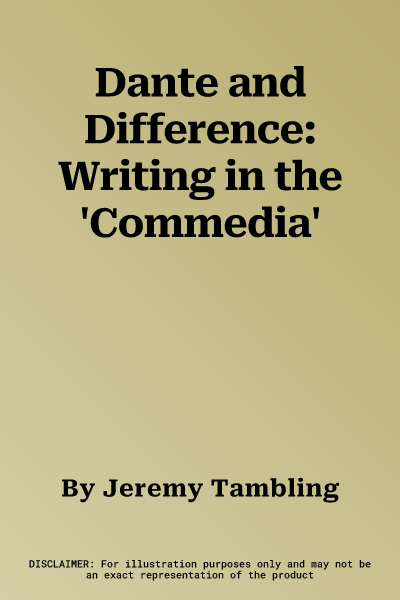Jeremy Tambling
(Author)Dante and Difference: Writing in the 'Commedia'Hardcover, 26 February 1988

Temporarily out of stock
Free Delivery
Cash on Delivery
15 Days
Free Returns
Secure Checkout

Part of Series
Cambridge Studies in Medieval Literature
Part of Series
Cambridge Studies in Early Modern British History (Hardcover)
Print Length
215 pages
Language
English
Publisher
Cambridge University Press
Date Published
26 Feb 1988
ISBN-10
0521342422
ISBN-13
9780521342421
Description
Product Details
Author:
Book Format:
Hardcover
Date Published:
26 February 1988
ISBN-10:
0521342422
ISBN-13:
9780521342421
Language:
English
Location:
Cambridge
Pages:
215
Publisher: